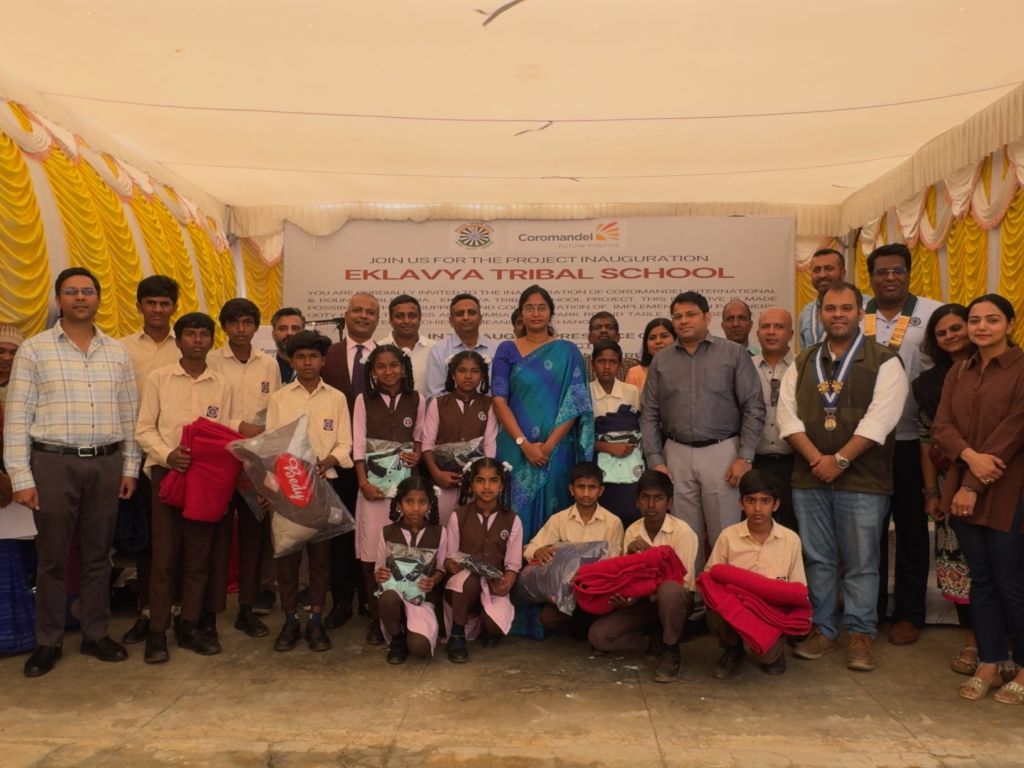Keen to work with government & industry to support India’s move towards ‘Atmanirbharta’ in the industry: RSPO CEO
The recent announcement by the Government of India on increasing the domestic production of palm oil towards ensuring atmanirbharta (self-reliance) is a great opportunity for the country to demonstrate the economic and social value of sustainable palm oil production, said Joseph D’Cruz, CEO, Roundtable on Sustainable Palm Oil (RSPO) in his virtual keynote address at the Globoil India conference yesterday.
“By ensuring sustainable practices across the entire domestic production chain, India can claim a global leadership role in this critical sector. While the production and challenges in India are very different from other grower countries, it is imperative that farmer livelihood, climate change and food security take precedence,” he added.
RSPO, a global, multi-stakeholder initiative that develops and implements a market mechanism to support and promote sustainable palm oil production, presented its vision to support the development of sustainability in the Indian oil palm industry at the conference.
D’Cruz said that palm oil is an important crop for the GDP of emerging economies and the millions of smallholder farmers who depend on producing palm oil for their livelihood – including India. “RSPO is currently doing some training and capacity building work in Andhra Pradesh – India’s largest palm oil producing state, that will eventually help the Indian oil palm farmers to adopt best case practices and increase their yield and income,” he added.
The organisation examined the current challenges of the agriculture industry, compounded by an intersection of global crises – from the threat of food insecurity, a worldwide economic slowdown, the ongoing war in Ukraine and disrupted agricultural supply chains.
Highlighting the challenges, D’Cruz said that the climate crisis is no longer a remote prospect but a reality we are all experiencing today. “Yet we also find ourselves with an opportunity to demonstrate how well-placed sustainable palm oil is to fill supply gaps while alleviating poverty, mitigating climate change and minimizing environmental and social impacts,” he added.
“The RSPO is more than a certification standard. We are keen to work with the Indian industry, Government, and other stakeholders to support India's move towards atmanirbharta through the sustainable development of the palm industry,” he added.
Highlighting the importance of sustainable palm oil supply chain, Ashwin Selvaraj, Deputy Director, Market Transformation (India & China), RSPO said, “Unlocking the potential for stronger partnerships from farmers to market to financing is essential if we are to create a smarter and more resilient sustainable palm oil supply chain.”
“India has made a promise to cut its emissions to net zero by 2070. We will need to ensure that this is a just transition that improves the livelihoods of our farming communities and makes us self-sufficient. This is an opportunity for India to lead the way and working together towards creating a sustainable palm oil industry from the very beginning is going to prove beneficial in mitigating the impacts of climate change,” he added.
India is the world’s second-largest consumer of palm oil, with consumption having soared during the 2000s to reach around 9 million tonnes each year. Palm oil now accounts for about 40 per cent of India’s edible oil consumption.
The nation is almost entirely dependent on imports to meet this demand, becoming the world’s largest importer. Incomings grew from below 500,000 tonnes in 1994 to a peak of 10 million tonnes in 2018. Most of this arrives in crude form to be refined domestically, while about 30 per cent comes already refined.
In 2021, the Indian government launched the National Mission on Edible Oils – Oil Palm (NMEO-OP) to promote domestic oil palm cultivation. The goal was to reduce dependence on edible oil imports significantly and to promote atmanirbharta.
(Disclaimer: The above press release comes to you under an arrangement with NewsVoir India and this publication takes no editorial responsibility for the same)





